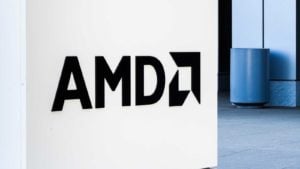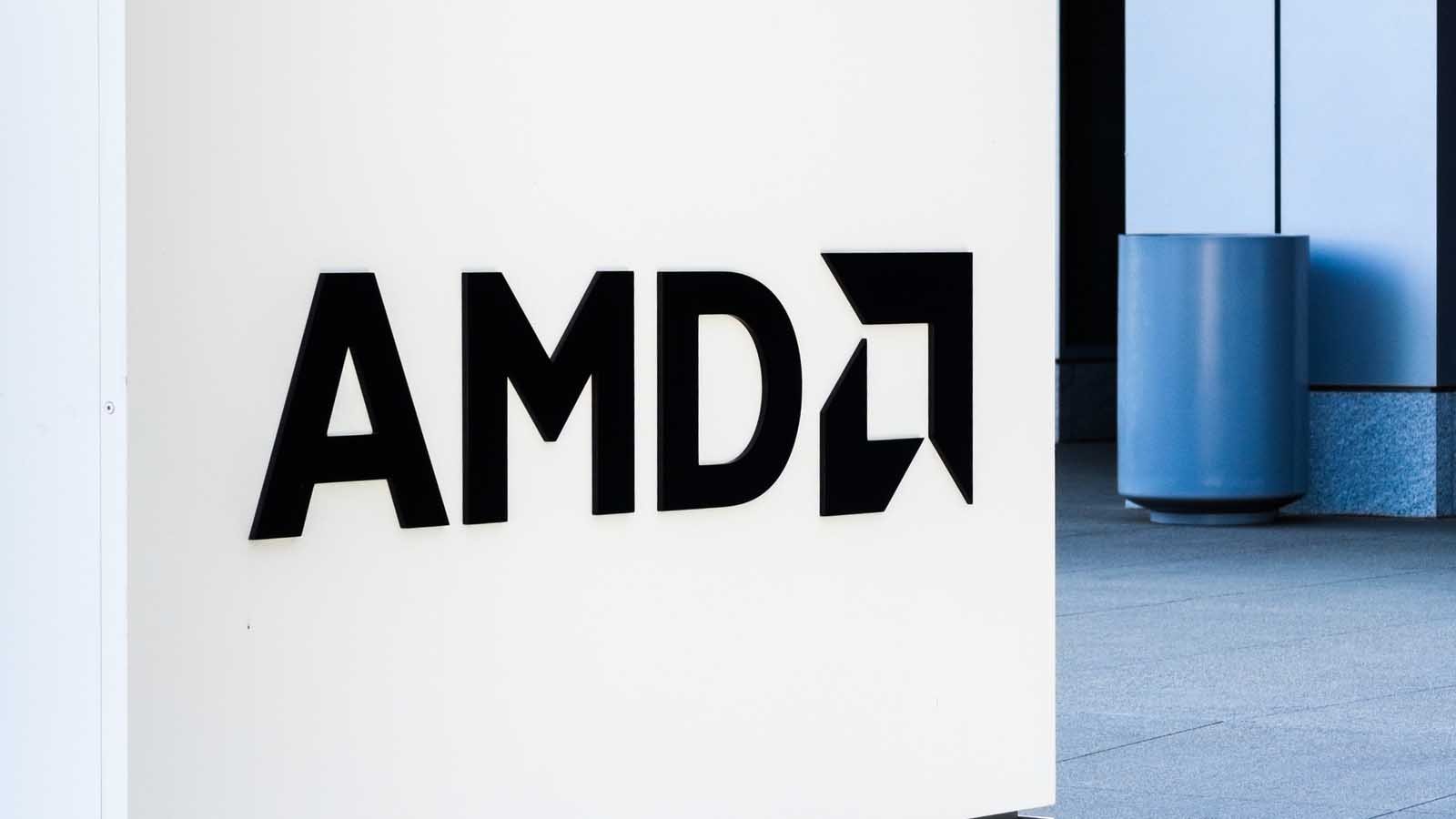AMD’s (NASDAQ:AMD) surge from mediocrity to rising star has been mainly based on two developments. Specifically, its computer processing units (CPUs) have become smaller and faster than those of its main competitor in the PC/laptop market, Intel (NASDAQ:INTC), and it makes outstanding graphics processing units (GPUs) for video games. Unfortunately for AMD and the owners of AMD stock, both of those competitive advantages look poised to largely disappear.

The resurgence of the company’s CPU chip business will likely be undermined in the shorter term by Intel. Then, in the longer term by Nvidia’s acquisition of ARM Holdings (assuming the deal is approved.) In the medium term, AMD is likely to lose market share in video games to both Intel and Nvidia.
Why AMD Looks Poised to Lose CPU Market Share
In the press release announcing its acquisition of ARM, Nvidia stated that the deal “brings together NVIDIA’s leading {artificial intelligence} computing platform with Arm’s vast ecosystem to create the premier computing company for the age of artificial intelligence.”
In a June 2020 article, livemint reported that “chipsets based on ARM have always been known for their efficiency, and are used in mobile devices because they draw less power than AMD and Intel’s processors.” But the website added that AMD and Intel “still provide more powerful processors than ARM-based chipsets and most powerful PC software require these processors to perform at their best.”
Reading between the lines, I believe that Nvidia plans to use AI to make ARM chips strong enough to power PCs and laptops. It’s notable that, as I reported in a previous column, Intel has said that advanced AI has sped up its chips.
Similarly, I believe that Nvidia will use AI to increase the computing power of ARM chips, to allow them to be used in laptops and PCs. As a result, ARM chips, which are more power-efficient than AMD’s offerings, should take a large amount of market share from AMD.
And in the shorter term, as I pointed out in my column on Intel, Intel’s innovations should prevent it from losing more market share to AMD.
Why AMD Looks Poised to Lose GPU Market Share
Nvidia has launched new “28 billion transistor graphics chips for PC gamers,” according to VentureBeat. Called Ampere, the new GPUs “will take 3D graphics in PC games to a new level,” the website stated. Nvidia added that the 3D graphics enabled by its Ampere chips will be twice as good as its previous gaming chips, adding that they will also use 1.9 times less power.
That sounds very ominous for AMD. I believe that Nvidia will, sooner than later, enable the chips to be used on console-based games as well.
Mounting another powerful threat to AMD on the GPU front is Intel. After testing a prototype of Intel’s new Tiger Lake processors (which I discussed in my last article on Intel), The Verge reported that the processors “outperformed AMD’s lower-powered {GPU} poster child, the eight-core Ryzen 7 4800U, but not without some caveats.”
Specifically, the website says that Intel’s new GPU deals with “modern graphics” better than AMD’s most advanced GPU. Intel’s Tiger Lake processor was also more productive than AMD’s chip, and its graphic capabilities are “a game changer,” according to The Verge.
The main “caveat” cited by the website was that Intel’s new chip is behind Ryzen “when it comes to multithreaded processes like compiling code and crunching numbers.” But of course, video-game players usually don’t have to carry out those tasks.
The Bottom Line on AMD Stock
Trading at a forward price-sales ratio of about ten, AMD stock is priced for tremendous growth going forward. Given recent developments, the company is unlikely to deliver that growth. As a result, I recommend that investors sell AMD’s shares.
On the date of publication, Larry Ramer did not have (either directly or indirectly) any positions in the securities mentioned in this article.
Larry has conducted research and written articles on U.S. stocks for 13 years. He has been employed by The Fly and Israel’s largest business newspaper, Globes. Among his highly successful contrarian picks have been solar stocks, Roku, and Snap. You can reach him on StockTwits at @larryramer. Larry began writing columns for InvestorPlace in 2015.
